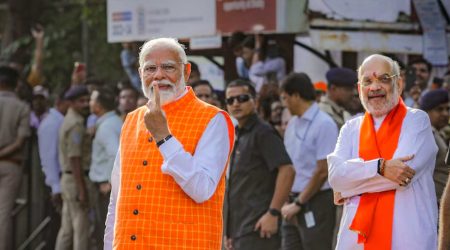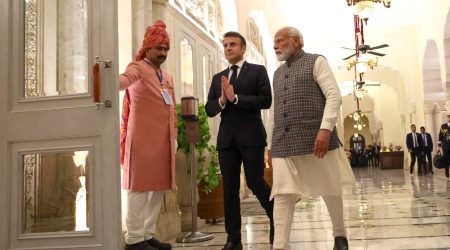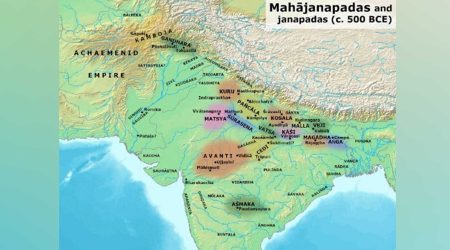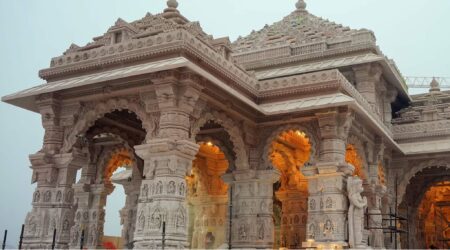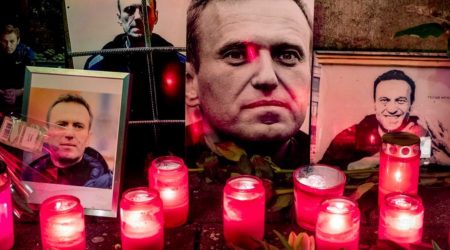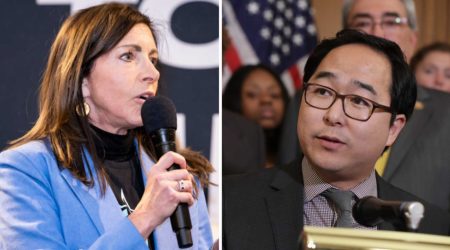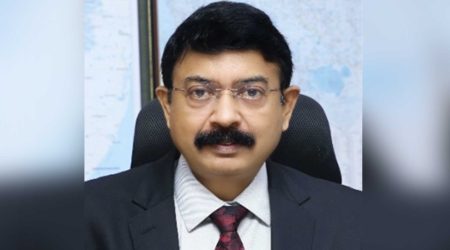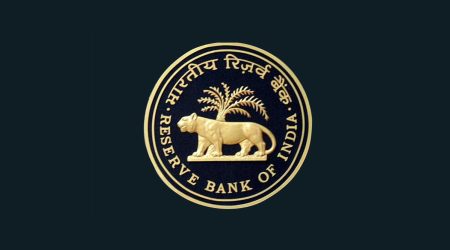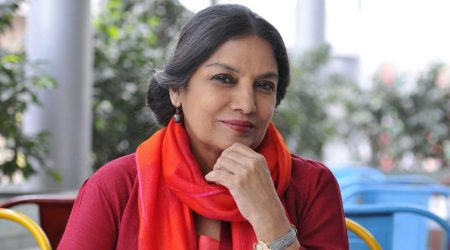New Delhi: Raj Sud, 94, has voted in almost every election held in independent India, bearing witness to the eventful journey of a diverse, and now the world’s most populous, democracy over the last 76 years.
Nearly 970 million people are eligible to vote in India’s 6-week national election starting Friday, and the elderly homemaker has a clear favorite in the race.
Most polls have predicted a victory for Prime Minister Narendra Modi and his Hindu nationalist Bharatiya Janata Party for a third straight five-year term.
“I like Modi very much. Modi is working honestly. And he is doing very good work and wants to make the whole country absolutely beautiful,” said Sud.
Modi is considered a champion of the country’s Hindu majority and has overseen rapid economic growth during his last two terms. But critics say he’s also undermined India’s democracy and its status as a secular nation with attacks by Hindu nationalists against the country’s minorities and a shrinking space for dissent and free media.
For the country’s 200 million young voters, the worries lie elsewhere. According to the Center for Monitoring Indian Economy, the unemployment rate stood at more than 7% in March.
“I’m very aware of the need to find stable employment, and I’ll be looking at each party’s track records and plans in that area before deciding who to vote for,” said Manya Sachdev, 22, a student and a first-time voter.
Another first-time voter, Ankita Jasra, said that going abroad is “more attractive” for students and “the skill and all the talents that India holds is going out to countries that are not ours.”
Many of New Delhi’s urban voters say corruption, lack of good governance and inflation are issues that need immediate attention but the opposition has failed to raise them effectively.
Riven by rivalries and political defections, an alliance of opposition parties has been further crippled by a series of arrests and corruption investigations of key leaders.


